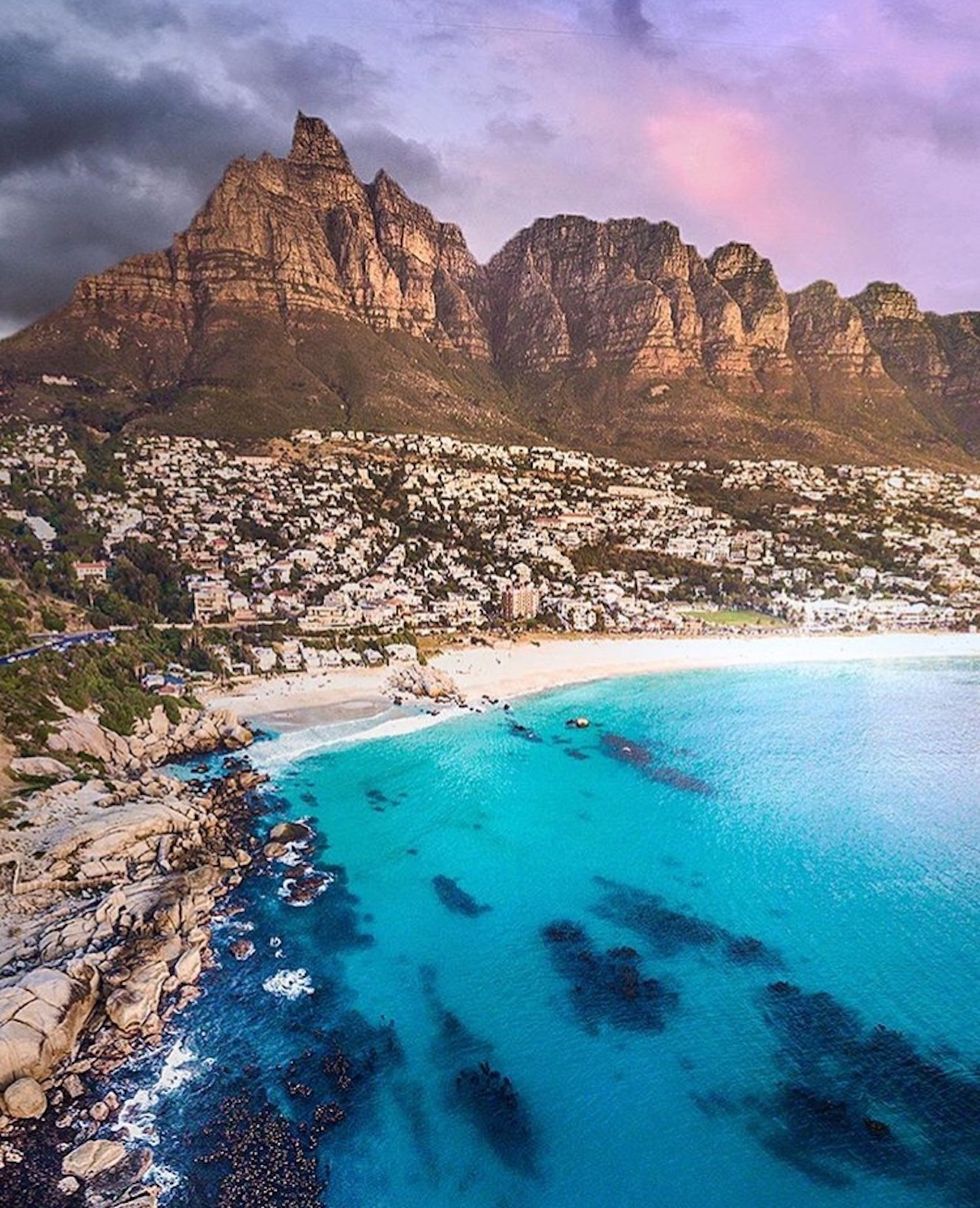One minute showers, not being able to flush the toilet, dehydration. This is the way people are living in Cape Town, South Africa.
It hasn’t always been like this. This is the driest it’s been since 1933. The Cape Town area typically experiences a Mediterranean climate; dry in the summer months and rainfall in the winter months. There are six major dams in the region, which collect rainwater from May until August (winter months for South Africa). During the summer months (December through February), the water levels decline during the time that urban and agricultural water use increases.
In recent months, the city has worked towards conserving water, in hopes of avoiding a state of emergency. Despite conservation efforts and consequences for those who have acquired water overages, it seems as if it is inevitable due to a lengthy dry spell.
The environmental protection agency found that an average of 88 gallons of water are used per day in the average home (four members). That is a lot compared to what residents are allowed to use today.
According to the Western Cape Government and Department of Social Development, the City of Cape Town saw an increase in population in 2017 that was mostly concentrated between the ages of 25-34 years old. Young professionals, especially in creative industries, have been relocating to the Mother City of South Africa, significantly adding to the native population. For those looking for a relaxed and happy lifestyle, Cape Town has much to offer its “fountain of youth” streaming in from around the world.
This unfortunately, won't be the case anymore, or at least for the next few months because the literal fountain is running out. Expats, and even tourists considering a journey to the Mother City, should keep in mind the possible disadvantages to the upcoming Day Zero.
What is Day Zero? Day Zero is when the city of Cape Town will shut off their water due to the water supply reaching levels too low to draw water. Currently, Capetonians have been restricted to using a maximum of 50l of water a day. When Day Zero comes around in a couple months, drinking water will be rationed to 25l per person in Cape Town to make water last until rain replenishes the dams. This water will only be available at Water Pods which will be guarded by police forces. Each pod will serve about 20,000 residents. That means with the average four person family, 5,000 people will be standing in line at these pods every day.
As early as 1990, Cape Town knew of the strong possibility that the city would run out of water. The population has continued to grow immensely by about 23%; from 2.4 million in 1995 to 4.3 million in 2018. In October 2017, after a low rainfall season, Cape Town estimated that their water levels would become depleted in about five months. That brings us to the end of February. The City of Cape Town put into affect an emergency plan to ration water and extend the lifetime of their water supply. With their efforts, they were able to progressively hold off the foreseeable and now they predict the water supply will last until early July. That’s if everything goes according to plan.
The Power of Water
While Cape Town needs tourist dollars, an influx of travelers could cause Day Zero to occur before the anticipated July deadline. On the other hand, the dilemma could ultimately be larger if there is a drop in tourism and no money is coming in; it could actually be worse than the water crisis. Any travelers headed to Cape Town should be water-conscious and know what the possible health and safety ramifications are. Keep in mind that there are nearby cities where a drought is not happening. These would be Hermanus, Wilderness, Plettenberg Bay, and Nature’s Valley.
Hotels are also provided with more water versus a household accommodation. Airbnbs or other private lodging will only have the standard rationed amount per household, and the owner would be charged for any overages. In regards to vacations that have been booked already, it might be best to discuss other destination options with airlines or travel agents, as refunds are difficult to come by. If your trip is planned for the next month or so, you should be on the safe side.
Businesses may not be able to function without water and could possibly shut down during this time. The idea of people losing jobs is not out of the question either. Prices for other items may go up, such as food products.
On a more uplifting nte, the city still offers diverse attractions for its residents and visitors. Salt water activities are still open. Hiking is available. Vineyards should be okay for the time being.
What can be done to help?
Being water-conscious all of the time is important, even if your city isn’t experiencing a drought. There are ways to save and recycle water such as collecting excess water in the shower using a bucket.
Donating is always a good way to help a cause. Water4capetown.org can teach you all about the water crisis, non-potable water, and tips for saving instead of wasting water.
As we all know, water is essential to our everyday lives. We often take it for granted and let the faucet run while we are brushing our teeth or standing in the warm shower while the excess water trickles down the drain. We drink it, we cook with it, we bathe in it, we clean with it. Existing without clean water, is a lot different than losing electricity during a thunderstorm. It’s not a matter of the electric company coming out and taking a look at electrical lines in your neighborhood. It’s a matter of Mother Nature and when the dams will fill up with a substantial amount of water.
Can you take a one minute shower?



















